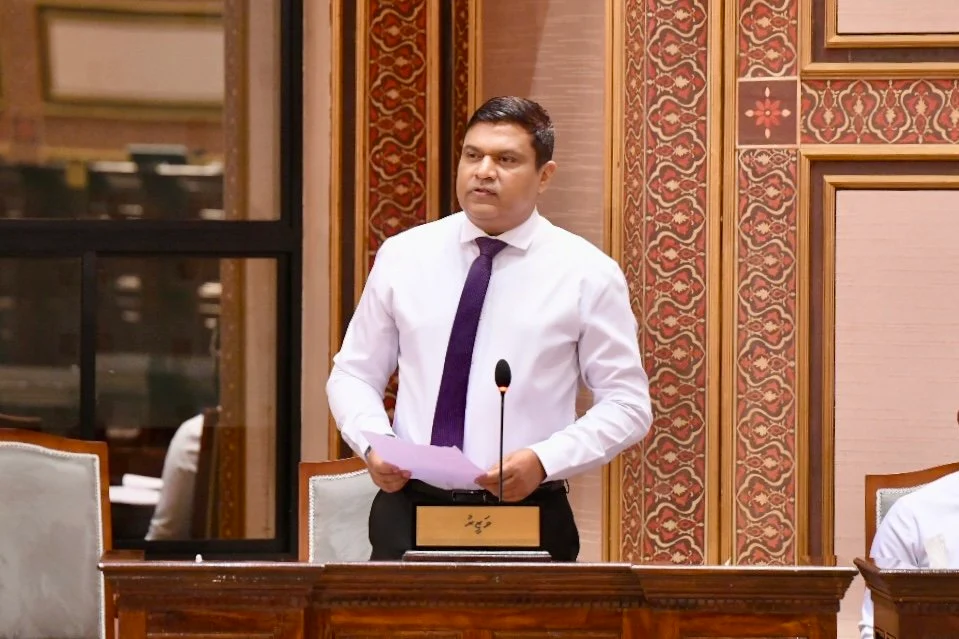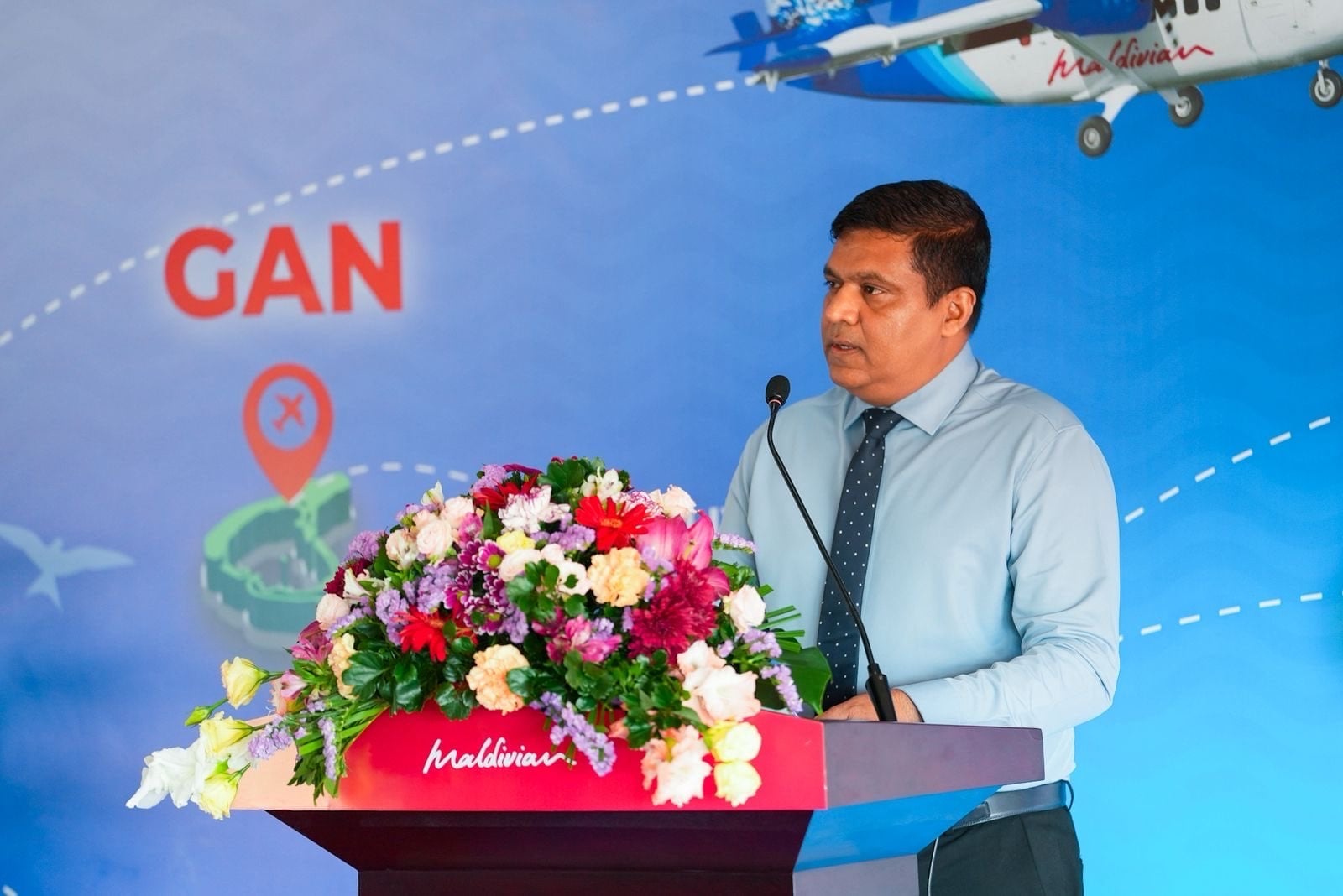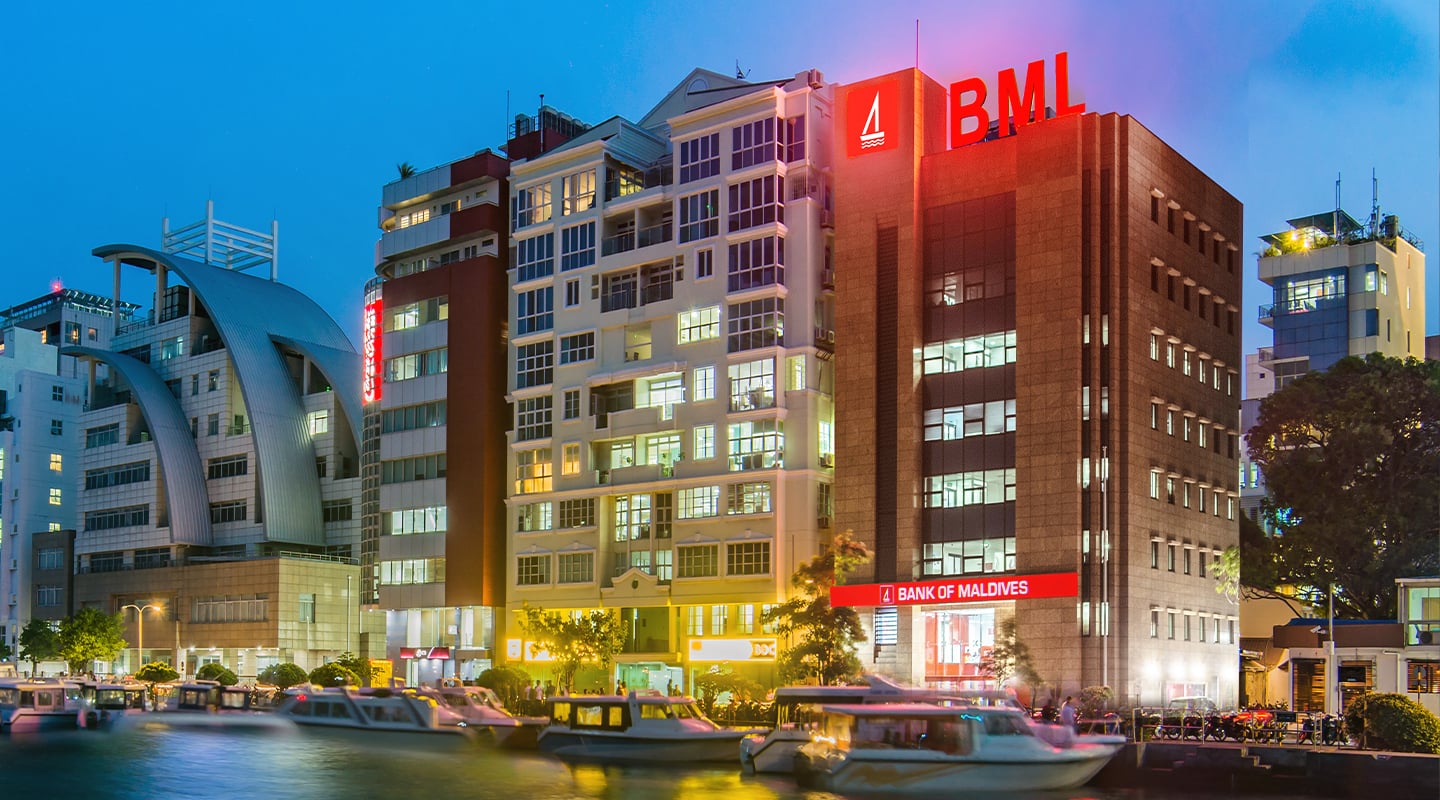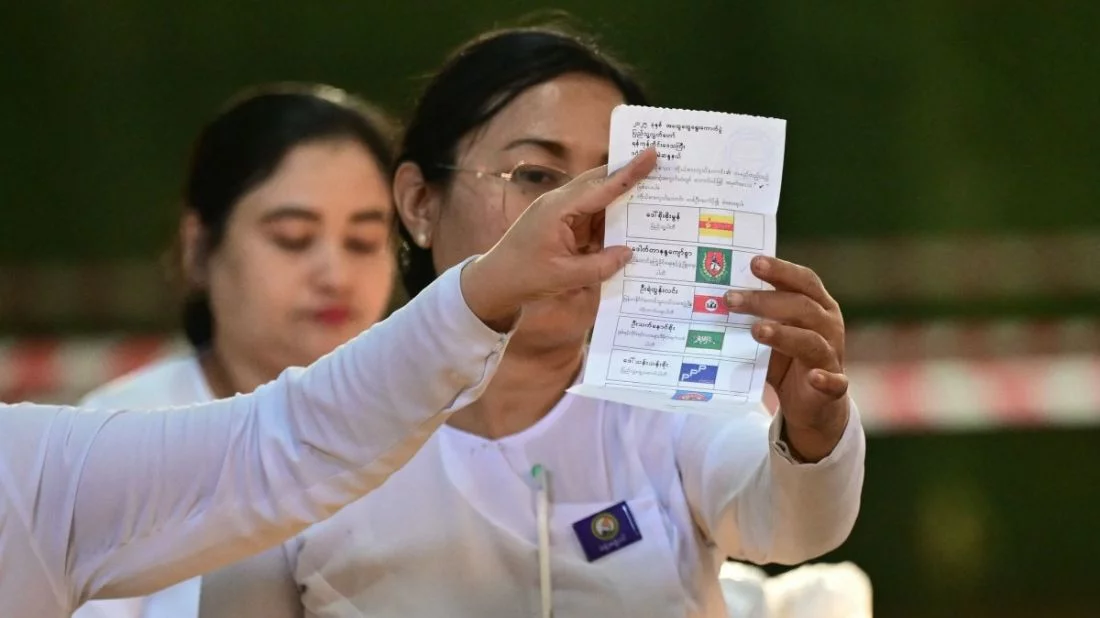Minister of Transport and Civil Aviation Mohamed Ameen has said that despite existing regulations, taxi drivers in the Maldives continue to operate according to their convenience rather than public demand.
He made the remarks in Parliament today while responding to a question about the government’s upcoming taxi service, which is scheduled to launch in July.
Minister Ameen assured lawmakers that the new service is not intended to undermine private taxi drivers but to ease the ongoing difficulties the public faces. He acknowledged growing complaints that taxis are often unavailable during hours of need, particularly within city limits.
He noted that taxi drivers frequently choose their operating hours without regard for customer demand, a pattern that contributes to service gaps during peak times. The minister also raised concerns about the conduct of some drivers, stating that while current taxi regulations mandate certain standards, including the installation of cameras and provision of essential customer services, there remains a lack of willingness among some to comply.
Minister Ameen added that the government’s decision to introduce RTL ferry and bus services followed a detailed analysis, and the positive public response to these initiatives underscores the necessity of a government-operated taxi service, particularly in Malé. He said the new taxi fleet will include vehicles of varying sizes, including compact cars suitable for navigating the city's narrow streets.
The minister reaffirmed that no obstacles are preventing existing taxi drivers from continuing to operate per the rules, but emphasized the need for improved service standards and accountability.
He made the remarks in Parliament today while responding to a question about the government’s upcoming taxi service, which is scheduled to launch in July.
Minister Ameen assured lawmakers that the new service is not intended to undermine private taxi drivers but to ease the ongoing difficulties the public faces. He acknowledged growing complaints that taxis are often unavailable during hours of need, particularly within city limits.
He noted that taxi drivers frequently choose their operating hours without regard for customer demand, a pattern that contributes to service gaps during peak times. The minister also raised concerns about the conduct of some drivers, stating that while current taxi regulations mandate certain standards, including the installation of cameras and provision of essential customer services, there remains a lack of willingness among some to comply.
Minister Ameen added that the government’s decision to introduce RTL ferry and bus services followed a detailed analysis, and the positive public response to these initiatives underscores the necessity of a government-operated taxi service, particularly in Malé. He said the new taxi fleet will include vehicles of varying sizes, including compact cars suitable for navigating the city's narrow streets.
The minister reaffirmed that no obstacles are preventing existing taxi drivers from continuing to operate per the rules, but emphasized the need for improved service standards and accountability.















